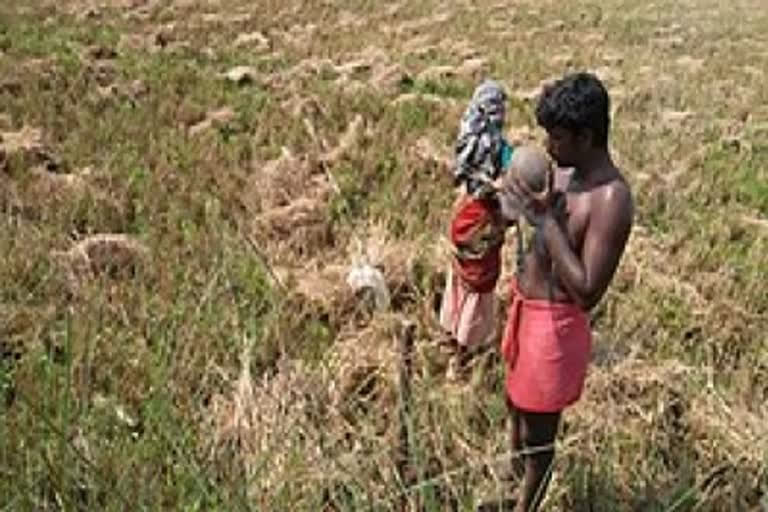Ranchi: World Tribal Day or International Day of the World's Indigenous People, celebrated on August 9 every year, is aimed at celebrating the emancipation of tribals. However, the occasion is a grim reminder of the dire straits many tribals are living in, in the tribal-dominated state two decades after the state was carved out of Bihar on November 15, 2000.
Except for Raghuvar Das, in the last 22 years, the command of this state has been in the hands of five tribal leaders. Babulal Marandi once, Arjun Munda thrice, Shibu Soren thrice and Madhu Koda once became the Chief Ministers for short periods. Hemant Soren is the fifth Chief Minister of the community. He has become the Chief Minister for the second time after the 2019 elections. Presently, there are 28 ST reserved seats in the assembly.
But tribal activists say that lot needs to be done for the emancipation of the community in a true sense. Prof Karma Oraon alleged that the tribals are being “deceived”. “There is no system of reservation in contract jobs here,” he said. He said the proposal of the tribal Sarna Dharma Code passed in the special session of the Assembly on November 11, 2020, and later sent to the Centre without taking approval from the Governor and is now lying in cold storage.
Also read:Jharkhand govt misleading tribals on Sarna Dharma Code: BJP MP Samir Oraon
There are no professors of environmental science in universities even as no “concrete steps are being taken to stop the migration”, Prof Oraon said. He said the student-teacher ratio in schools is also worrying. “There has been a rapid conversion of tribal society. It is used only as a vote bank. Malnutrition is a big problem,” he said.
Although the literacy rate jumped from 8.53 per cent in 1961, to about 58 per cent today, the literacy rate of girls is still less than 50 per cent. Despite challenges, the state has produced politicians and educationists like Jaipal Singh Munda, Ramdayal Munda and Karthik Oraon. Despite the deprivations, there is no gender discrimination in society.
Dr Abhay Sagar Minj, Professor at the Department of Anthropology, Shyama Prasad Mukherjee University said that the state government alone cannot be blamed for this backwardness. The Central government should also fulfil its responsibility, he said. “Constitutional rights are limited only on paper. The right to PESA has not been found. The Governor has got powers in the Fifth Schedule but his implementation is not done.
The tribals' participation in the government is negligible. When it comes to employment, tribals are seen as labourers of this society. As a result, migration and sexual abuse are taking place,” he said. Although the Labor Department has set up a cell for migrant labourers, Prof Minj said its scope is limited. “The scope of scholarship is narrowing. It is important for society to be aware.
There should be such a system that government missionaries reach them right on day one of a month. It is a good thing that tribal teachers have been appointed, but a complete arrangement will have to be made to teach the tribal language at the primary level,” he said. Dr Minj said that education can cause the biggest change by educating people about their rights.
However, in the midst of all these questions, the present government has taken some initiatives for the tribals. Marang Gomke is sending 10 promising students abroad for higher education through Jaipal Singh Munda Pardeshi Scholarship Scheme. Jaher Sthan, Sarna, Masna and Hadgadi are being developed to preserve the tribal culture. The community has come to the centre of politics. Recently, the BJP organised Tribal Maharaila in Ranchi. Significantly, Draupadi Murmu became the first tribal President of the country. Now Hemant Soren-led government has started a new debate by organising the Tribal Festival.
